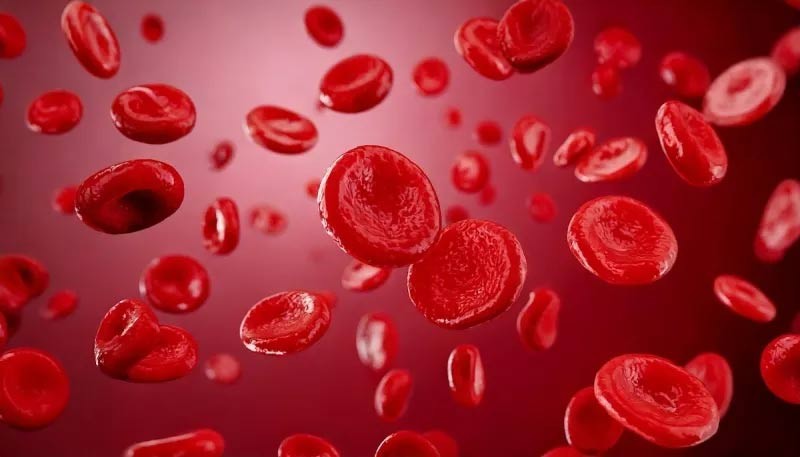Are you damaging your heart by eating food that comes in plastic packaging? According to a team of Italian researchers, it could be. A recent study published in Scientific Reports claims that microplastics, especially those found in food packaging, could be harmful to your heart health . Here’s everything you need to know about the shocking study – and some expert-backed ways to avoid harming your health .

Joseph Mercola, MD, author of The Cellular Health Handbook, explains that researchers looked at how tiny plastic particles—specifically polyethylene and polystyrene (commonly found in plastic containers and food wrappers)—affect human vascular smooth muscle cells (VSMCs), which help maintain the health of your blood vessels.
“ Microplastics cause cell damage, inflammation, and even cell death in these essential artery-supporting cells, ” explains Dr. Mercola. The study also found that exposure to microplastics causes these cells to move—which can be a serious problem for your heart and arteries. “ Normally, these muscle cells stay in place, helping your blood vessels function properly. When they move too much, they contribute to plaque buildup in your arteries, a process linked to heart disease, stroke, and arteriosclerosis (calcification of blood vessels) ,” he adds.
This means that everyday exposure to microplastics – whether from plastic food packaging, bottled water or even environmental pollution – could be silently contributing to heart disease.

The impact of microplastics on the cardiovascular system
Research published in Scientific Reports highlights the potential cardiovascular risks posed by microplastics (MPs), specifically polyethylene (PE) and polystyrene (PS), commonly used in food packaging. The researchers investigated the effects of both virgin and environmentally degraded microplastics on human vascular smooth muscle cells (VSMCs), which play a key role in maintaining healthy blood vessels. Their findings showed that exposure to MPs resulted in significant cellular damage, including reduced cell viability, increased apoptosis (cell death), and inflammation. In addition, the study identified changes in key molecular markers such as RUNX-2 and galectin-3, which are associated with vascular disease, atherosclerosis, and arterial calcification. Notably, MPs triggered abnormal VSMC migration, a phenomenon linked to plaque buildup in arteries, further strengthening the potential link between plastic exposure and cardiovascular health risks.
The study also demonstrated that MPs activate the inflammasome complex, an inflammatory response that may contribute to vascular damage and disease progression. The findings of this study are consistent with previous evidence suggesting that microplastics can accumulate in the human heart and surrounding tissues, potentially exacerbating the risk of heart disease. Given the widespread presence of MPs in food packaging, bottled water, and the environment, the researchers highlight the urgent need to further investigate their long-term health impacts. While further research is needed, this study demonstrates the importance of minimizing exposure to plastic-based products, particularly those used in food storage and packaging, to reduce potential cardiovascular risks.

How to reduce exposure to microplastics from food
What’s the takeaway here? “This study is a wake-up call,” says Dr. Mercola . “We’ve long been concerned about how microplastics affect our digestion, but this study shows they may also be harmful to our cardiovascular system .”
While you can't completely eliminate your exposure to microplastics, you can significantly reduce your exposure with a few smart choices. Specifically:
- At home, swap plastic food containers and water bottles for glass or stainless steel to reduce the amount of plastic particles that leach into your food and drinks.
Also, avoid heating food in plastic, as heat breaks down the plastic and increases the amount of microplastics released.
- Filter your drinking water as tap water and bottled water may contain microplastics.
- Eating whole, unprocessed foods prepared at home will also significantly reduce your exposure, as highly processed foods are often packaged in plastic-heavy packaging. That includes most takeout foods.
- Finally, reducing your overall plastic use—like carrying reusable bags and avoiding products wrapped in plastic—can limit the amount of microplastics in the environment, which eventually end up back in your body.
While more research is needed, the message here is clear: reducing your exposure to plastic is not only good for the planet, it could also protect your heart.

















